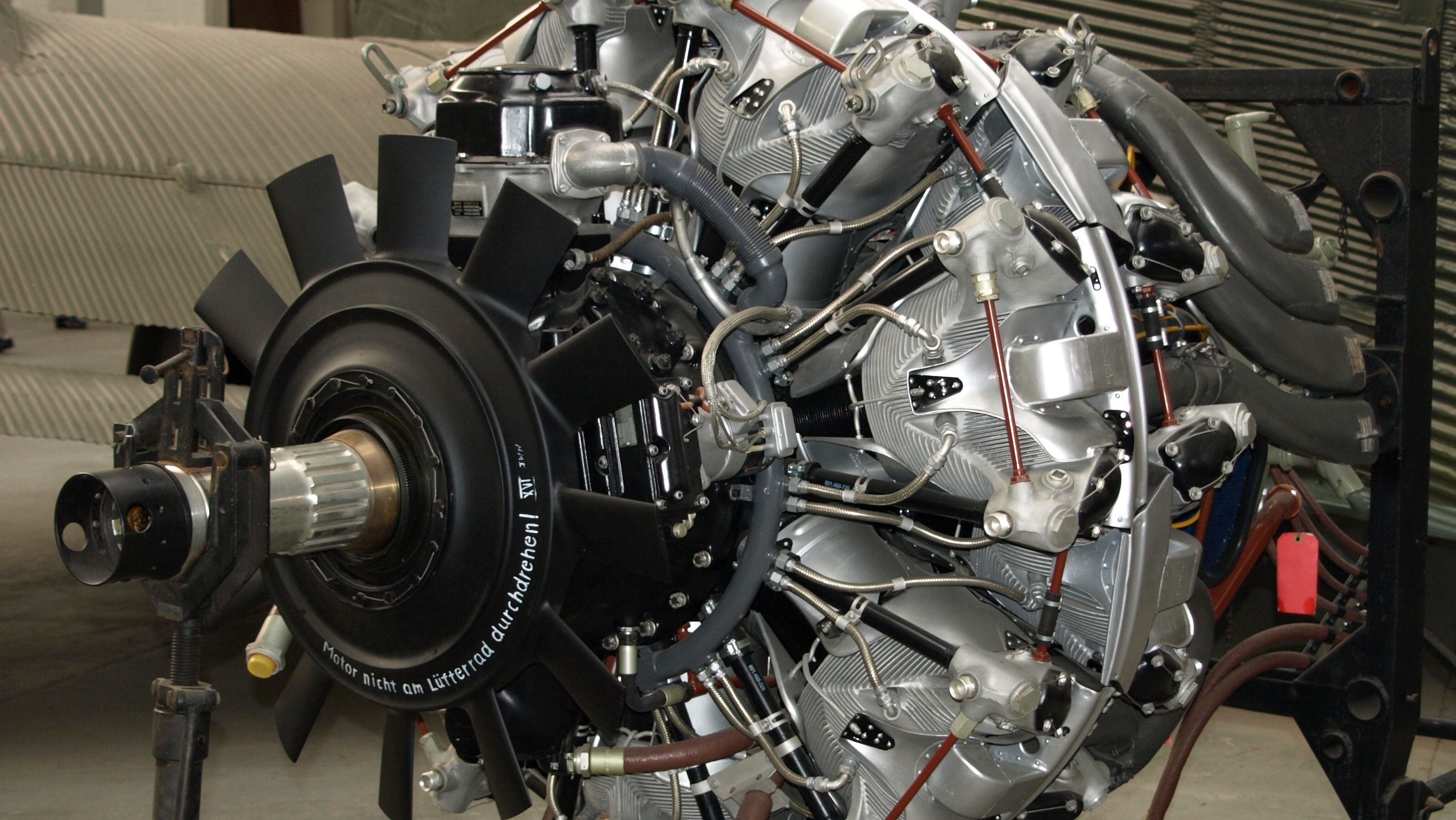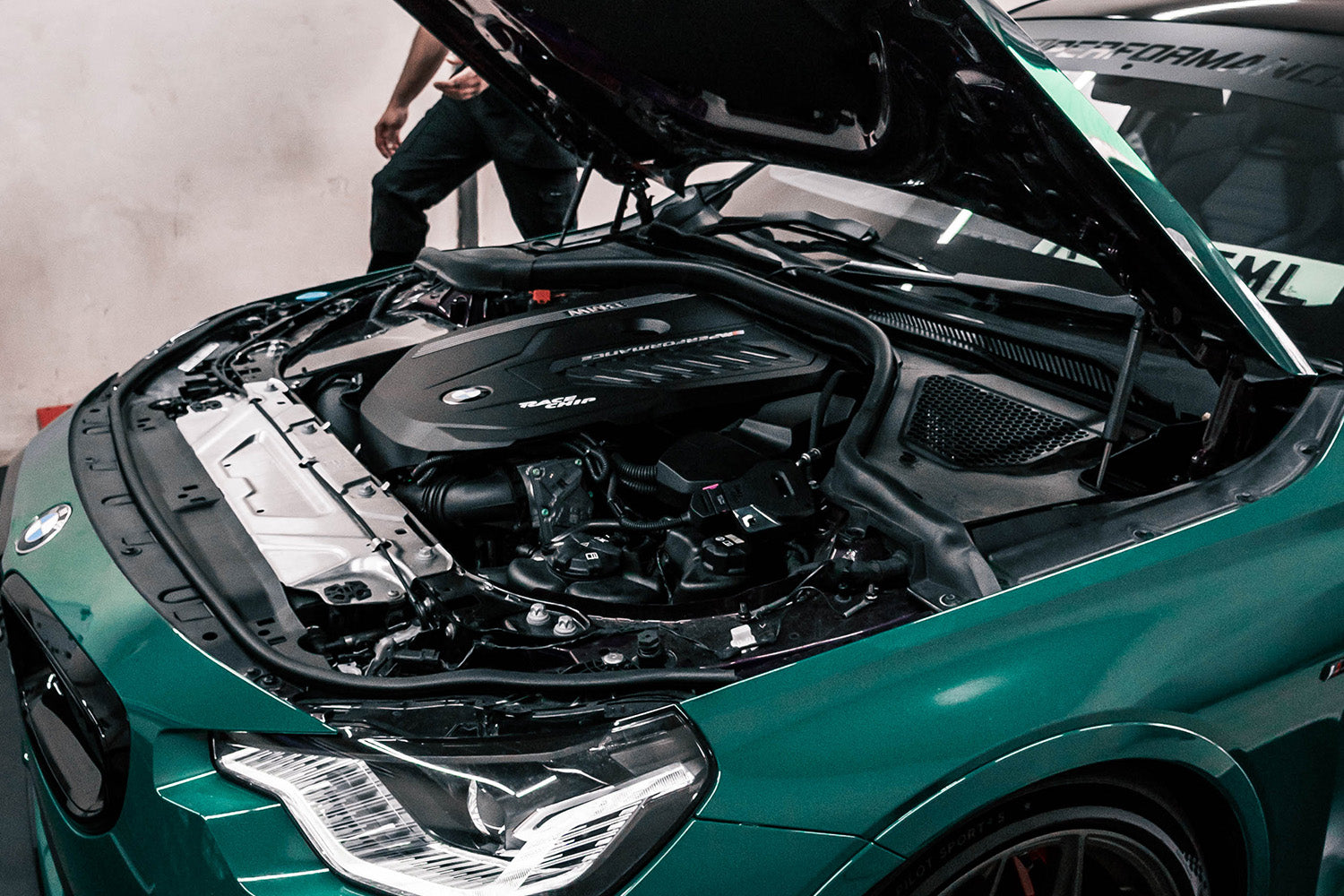The Advancement of the BMW Engine: A Look Back at Iconic Models
Introducing the Intricacies of Next-Generation Power Units: a Deep Dive Into Advanced Engine Advancements and styles
In the realm of auto design, the relentless pursuit of performance, sustainability, and performance has actually driven the advancement of power devices to extraordinary elevations. As we stand on the precipice of a brand-new age in transportation, the details of next-generation engine layouts beckon us to explore the sophisticated modern technologies and advancements that guarantee to redefine the driving experience. From innovative products that push the boundaries of toughness and weight reduction to advanced turbocharging and turbo charging systems that elevate power result to brand-new levels, each component of these power units holds an essential to unlocking the future of vehicle engineering. Delving much deeper right into the realms of discharge control, smart engine management systems, and the horizon of power system advancement, we discover ourselves on the cusp of an improvement that promises to improve the landscape of movement as we recognize it.
Evolution of Engine Products

The change in the direction of advanced engine products has likewise enabled designers to create engines with higher power outcomes while preserving fuel performance standards. For instance, using light-weight products lowers the general weight of the engine, resulting in improved fuel economic situation and reduced emissions. Furthermore, advancements in materials modern technology have actually enabled for better thermal monitoring within engines, resulting in raised reliability and long life.
Turbocharging and Supercharging Technologies
How do Turbocharging and Supercharging Technologies revolutionize engine performance and effectiveness in contemporary cars? Turbo charging and turbocharging are technologies that substantially boost engine efficiency by increasing the quantity of air intake into the combustion chamber. Turbocharging accomplishes this by making use of a wind turbine driven by exhaust gases to pressurize the intake air, while turbo charging utilizes a belt- or chain-driven compressor to achieve the same result.
These modern technologies make it possible for smaller, much more fuel-efficient engines to generate power equal to larger ones, called downsizing. By requiring more air right into the cyndrical tubes, turbo charging and turbocharging enhance combustion effectiveness, causing enhanced horse power and torque outcome without a significant increase in engine size. This leads to better acceleration, hauling capability, and total driving performance.
Furthermore, turbocharging and turbo charging add to enhanced fuel performance by enabling the use of smaller sized engines that take in less gas under regular driving conditions - bmw engine. This combination of boosted efficiency and performance has actually made turbocharging and supercharging important elements of several modern-day engine designs
Discharge Control and Environmental Influence
With increasing global worries regarding air quality and ecological sustainability, the execution of discharge control modern technologies in automobiles plays a vital duty in lowering unsafe contaminants released into the environment. Modern vehicles are geared up with innovative emission control systems that assist lessen the ecological impact of automotive operations. Catalytic converters, for example, are designed to transform harmful gases such as carbon monoxide, nitrogen oxides, and hydrocarbons into less harmful materials like carbon dioxide and water vapor.
Furthermore, innovations in engine technology, such as the integration of exhaust gas recirculation systems and careful catalytic reduction, have considerably added to reducing emissions. These technologies work in tandem to optimize burning performance and minimize the launch of dangerous contaminants into the air. Additionally, the development of hybrid and electrical automobiles stands for an important action in the direction of lowering the general environmental footprint of the transport industry.
Intelligent Engine Administration Solution

Furthermore, these systems make it possible for vehicles to meet rigid discharges criteria without jeopardizing performance, supplying an extra eco pleasant driving experience. The combination of artificial knowledge and artificial intelligence capacities in engine monitoring systems proceeds to push the limits of what is possible, leading to further enhancements in performance, integrity, and total lorry performance. bmw engine. As automobile innovation developments, intelligent engine administration systems will certainly play an important duty fit the future of transport towards a more sustainable and reliable direction
Future Trends in Power System Growth
As smart engine management systems lead the method for enhanced control and optimization in modern-day automobiles, pop over to this web-site future patterns in power system growth are poised to redefine the landscape of automobile propulsion innovations. Among the vital patterns driving advancement in power system advancement is the shift towards electrification. With a boosting focus on sustainability and lowering carbon exhausts, crossbreed and electrical powertrains are becoming a lot more common in the automotive sector. These alternate power sources supply page improved efficiency and performance while aligning with strict environmental laws.
Another considerable fad is the assimilation of innovative products and manufacturing methods. Lightweight products such as carbon fiber and light weight aluminum are being made use of to reduce overall car weight, boosting fuel efficiency and efficiency. Furthermore, improvements in 3D printing and additive production are making it possible for the manufacturing of complex engine components with greater precision and durability.
In addition, man-made intelligence and device knowing are playing an important duty in maximizing power unit efficiency. These innovations allow for real-time monitoring and flexible control, resulting in extra trusted and efficient power delivery. On the whole, future fads in power unit advancement are geared in the direction of sustainability, performance, and efficiency, driving the automotive sector in the direction of a brand-new age of these details propulsion technologies.

Final Thought
In verdict, the improvements in engine materials, turbocharging, emission control, and intelligent administration systems have led the means for next-generation power systems. The intricate layouts and advancements in contemporary engines display the continuous development of automotive innovation.
Discovering the modern advancements in engine materials has actually been pivotal in improving the performance and effectiveness of modern engines. Over the years, the development of engine materials has played an important function in pressing the limits of what engines can accomplish.The shift towards progressed engine products has also allowed engineers to design engines with greater power outcomes while maintaining gas efficiency criteria.The execution of intelligent engine monitoring systems in modern-day automobiles has actually revolutionized the way engines are controlled and enhanced for efficiency and effectiveness. By collecting information in real-time and analyzing it with advanced algorithms, smart engine administration systems can adapt to driving styles, ecological variables, and engine health and wellness to optimize power output while reducing gas consumption and discharges.